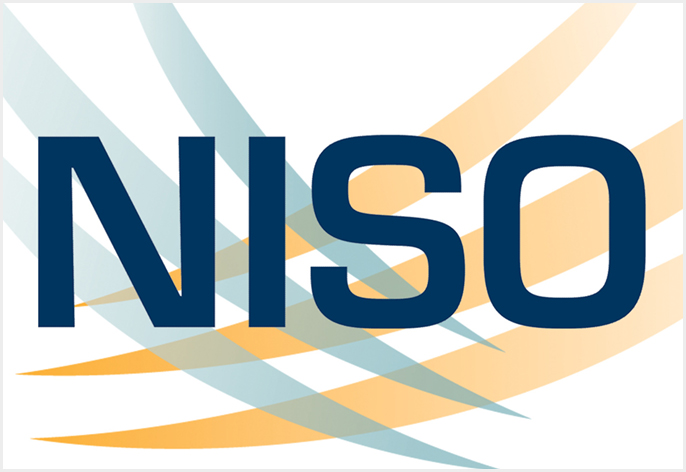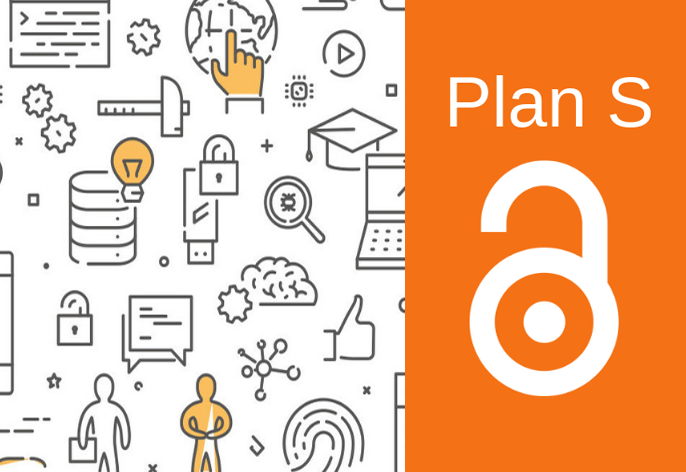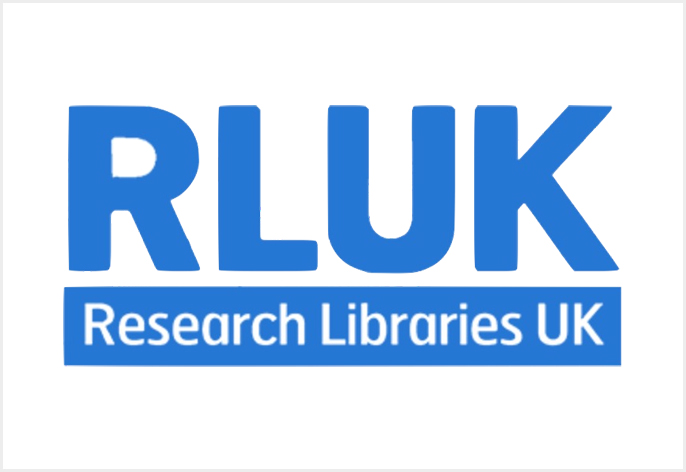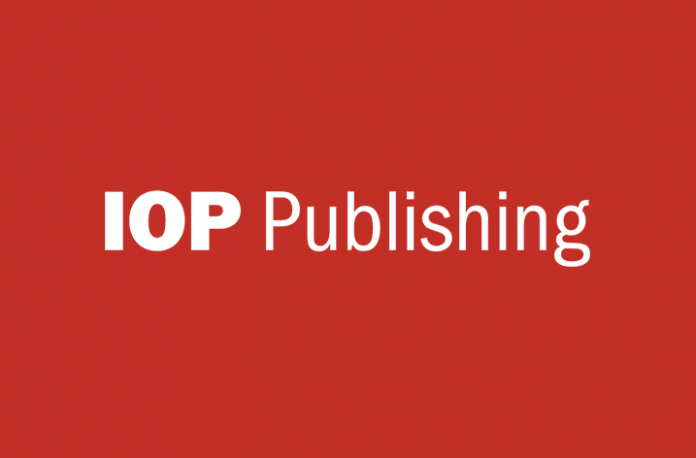Clarivate Plc, a leading global provider of transformative intelligence, today released a Global Research Report from the Institute for Scientific Information (ISI)™. The report integrates and interprets multiple data sources from across Clarivate™ portfolios to highlight the academic and societal benefits of the rapidly evolving landscape of digital health.
Research impact in society and the economy: The digital health revolution in medical care highlights a rapid growth in both research and patent activity around digital health. It identifies the leading global players and organizations and their collaborations, alongside emerging companies with potential impact. By combining data from the Web of Science™ and Derwent World Patents Index™, experts at the ISI and the newly established Clarivate Center for IP and Innovation Research™ provide a comprehensive analysis of the digital health space. The analysis is presented alongside a taxonomy to categorize it into major fields, developed by analysts from the Life Sciences & Healthcare segment at Clarivate.
This study builds on a recent collaboration with Times Higher Education and initial findings were presented at Digital Health 2024, an industry-wide event held at Stanford University in February 2024.
Digital health encompasses the use of digital technologies, such as mobile apps, wearables and telemedicine, to improve health and healthcare delivery. The anticipated societal benefits of accessing and utilizing digital health include improving access to and the quality of medical care, enabling more personalized care with greater patient involvement and commitment, fostering a shift towards preventive rather than reactive care, streamlining healthcare delivery and reducing costs.
David Pendlebury, Head of Research Analysis at the Institute for Scientific Information at Clarivate and co-author of the report, said: “We are witnessing a surge in digital health research and innovation, highlighted by the significant growth in academic publications and patent filings. The outputs of this study will appeal to those interested in the future of healthcare technology and its societal impact, providing a valuable foundation for informed decision-making in this dynamic field for academic institutions, corporate entities and government bodies.”
Key findings include:
- Significant growth in digital health publications: There has been a nearly 70-fold increase in academic papers featuring the term digital health in the decade to 2022, reflecting a major shift towards the integration of digital technologies in healthcare. This has been recently driven by advances in artificial intelligence (AI) and advanced analytics, predating the popularization of AI technologies such as ChatGPT.
- Rapid increase in digital health patenting activity: Patenting activity in digital health has outpaced the growth in publications, with approximately 140,000 patent inventions identified from 2013 to 2022 – indicating robust efforts within the industry to secure intellectual capital and gain market advantage.
- Corporate dominance in patenting: Our analysts highlight an eclectic mix of organizations, side-by-side within one patent analysis — Snap and AstraZeneca, Nike and Johnson & Johnson or Eli Lilly and Nvidia — demonstrating the convergent and collaborative nature of the field of digital health.
- Strength of AI patenting in digital health: Mainland China, represented by the Chinese Academy of Sciences, universities and corporations, plays a pivotal role in this field.
- Impact of university research on digital health innovation: University research significantly influences digital health innovation, with research papers frequently cited by patents, highlighting their role in driving intellectual property advancements.
Emmanuel Thiveaud, Senior Vice President of Research and Analytics, Academia & Government at Clarivate said: “At Clarivate, our transformative intelligence seamlessly integrates enriched data, insightful analytics, workflow solutions and profound domain expertise across the entire spectrum of knowledge, research, health and innovation. We have combined them to demonstrate that digital health is a fundamental shift in how healthcare is delivered and experienced. By leveraging comprehensive data resources and expert analysis, stakeholders can develop strategies that maximize both academic benefits and societal impact.”
































